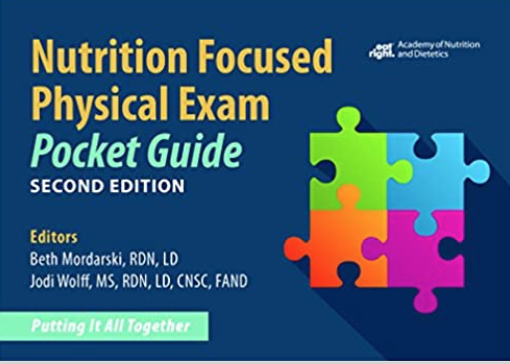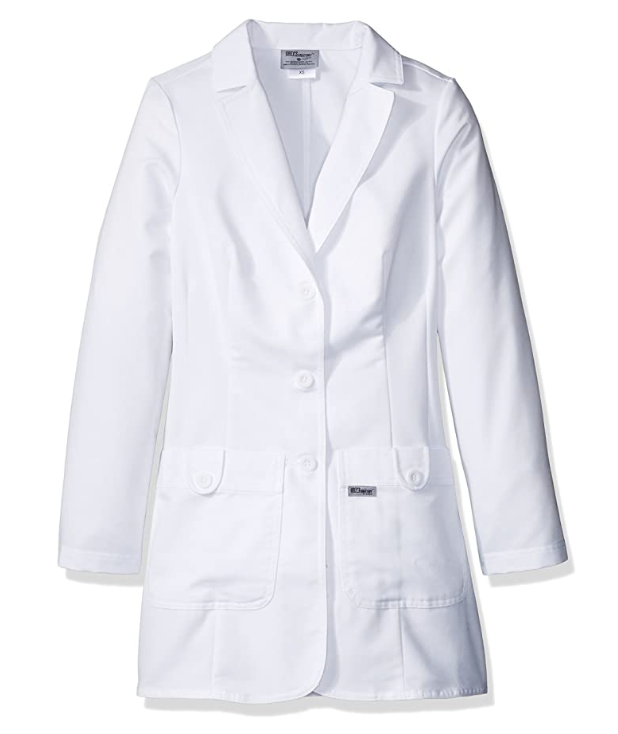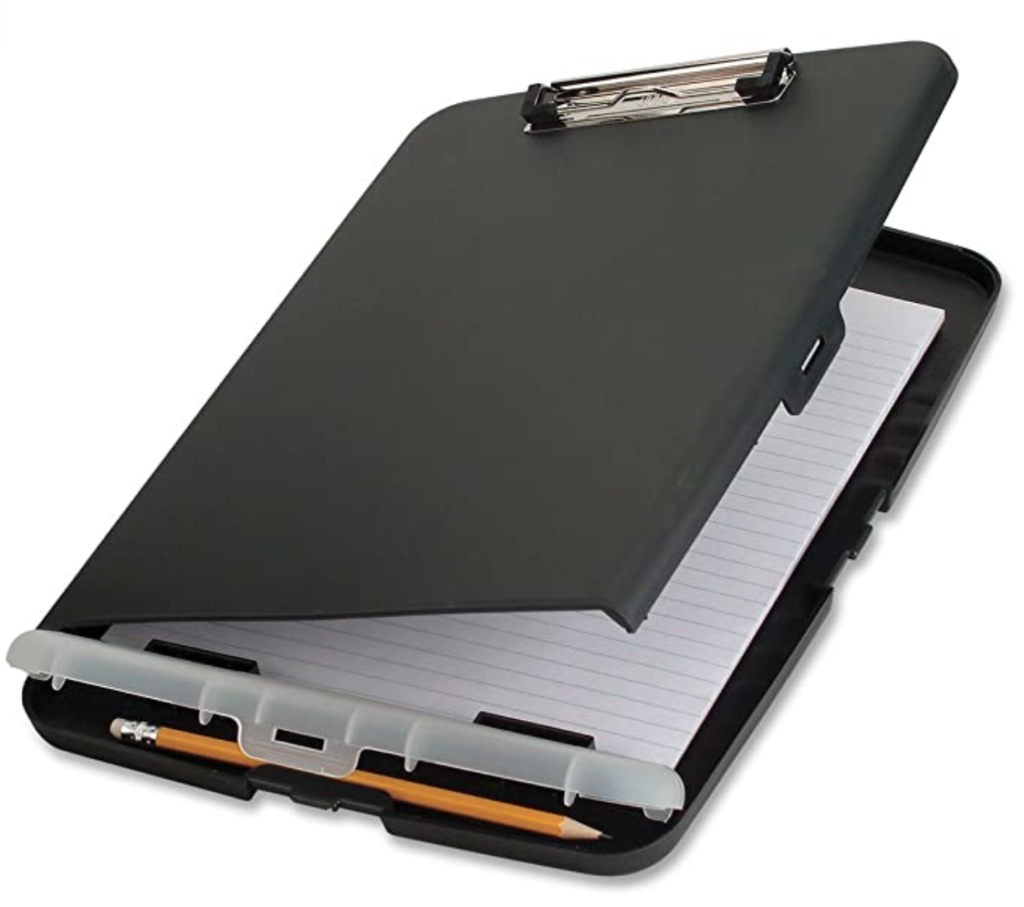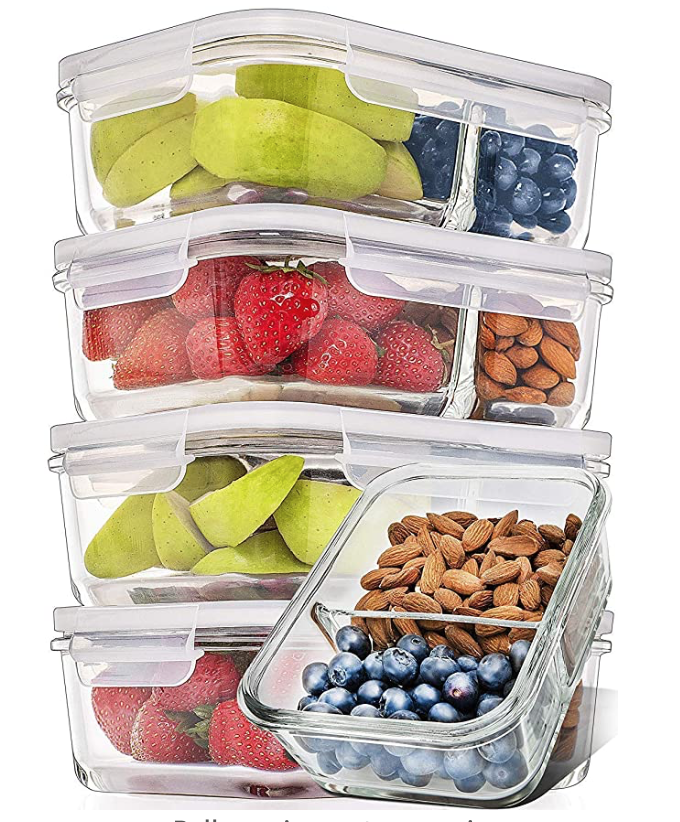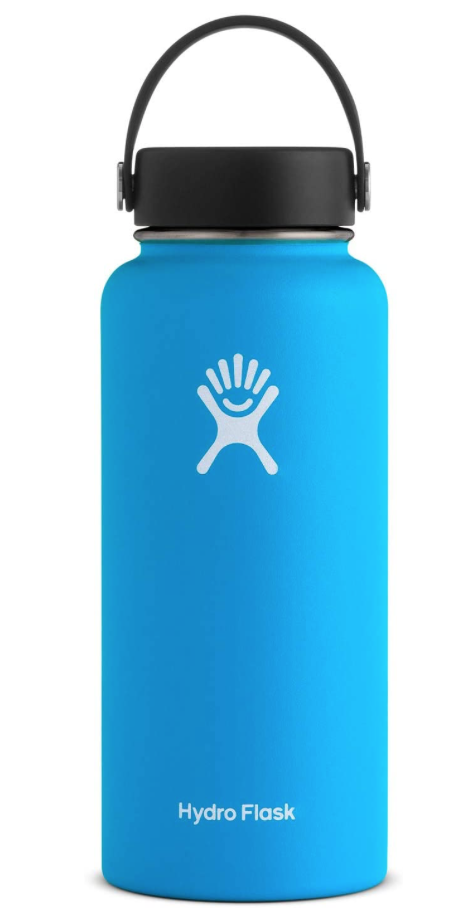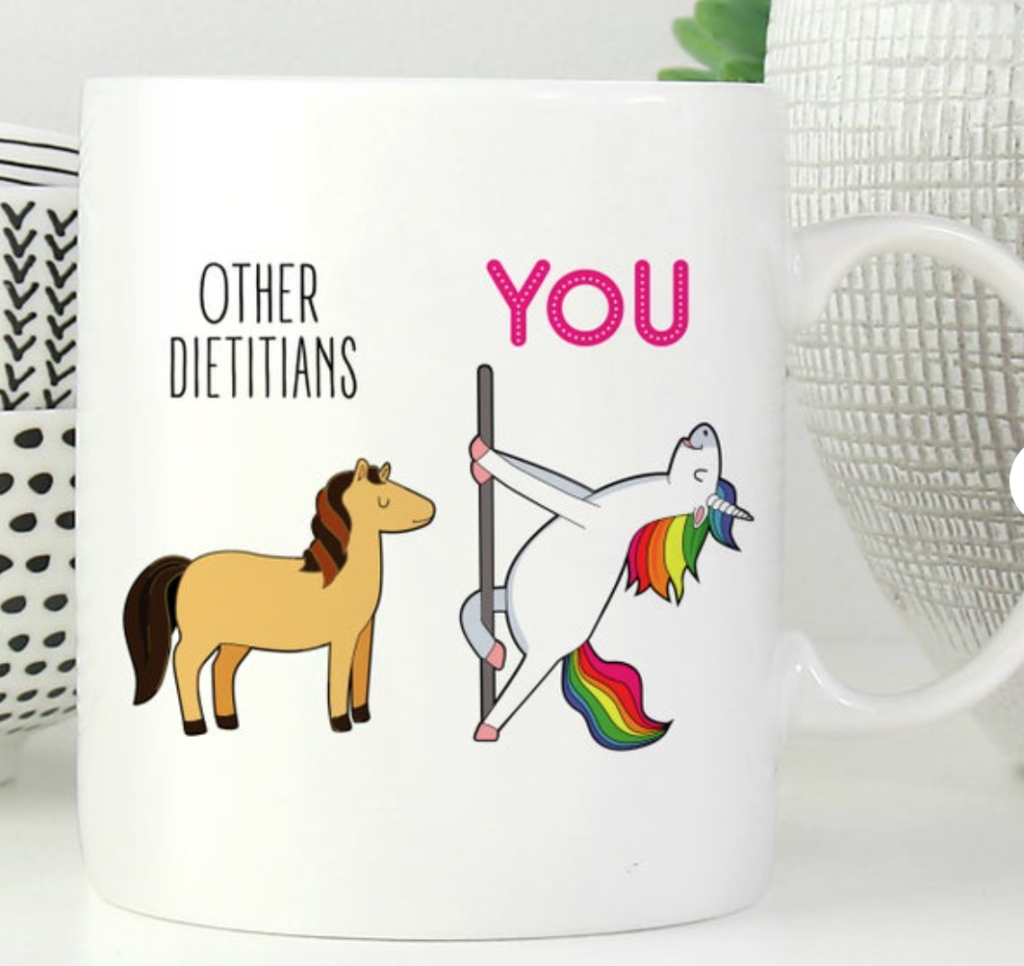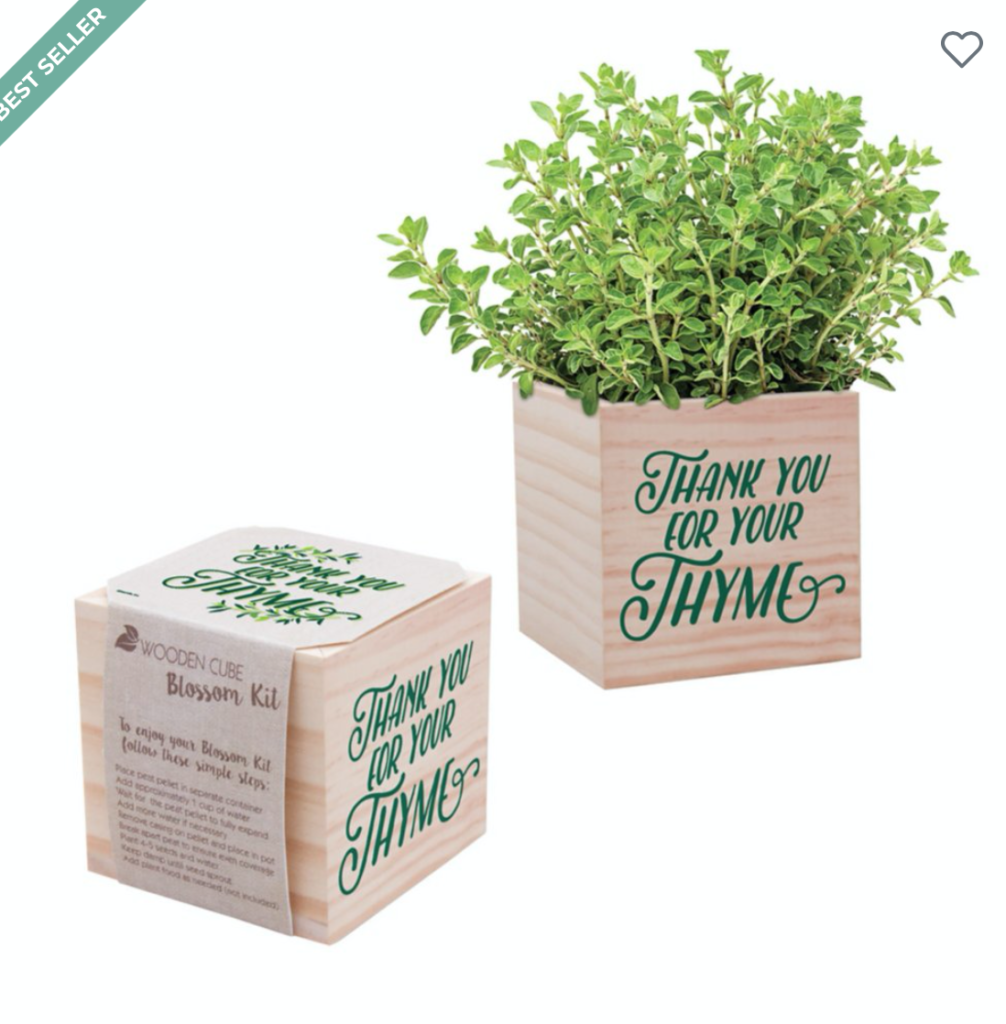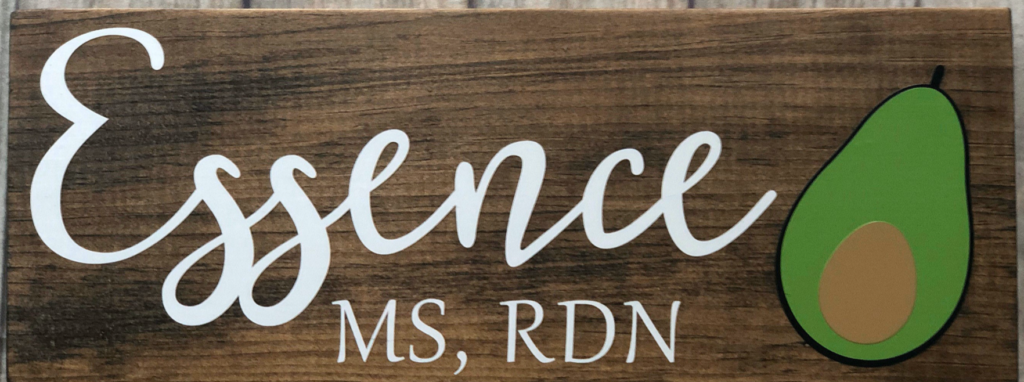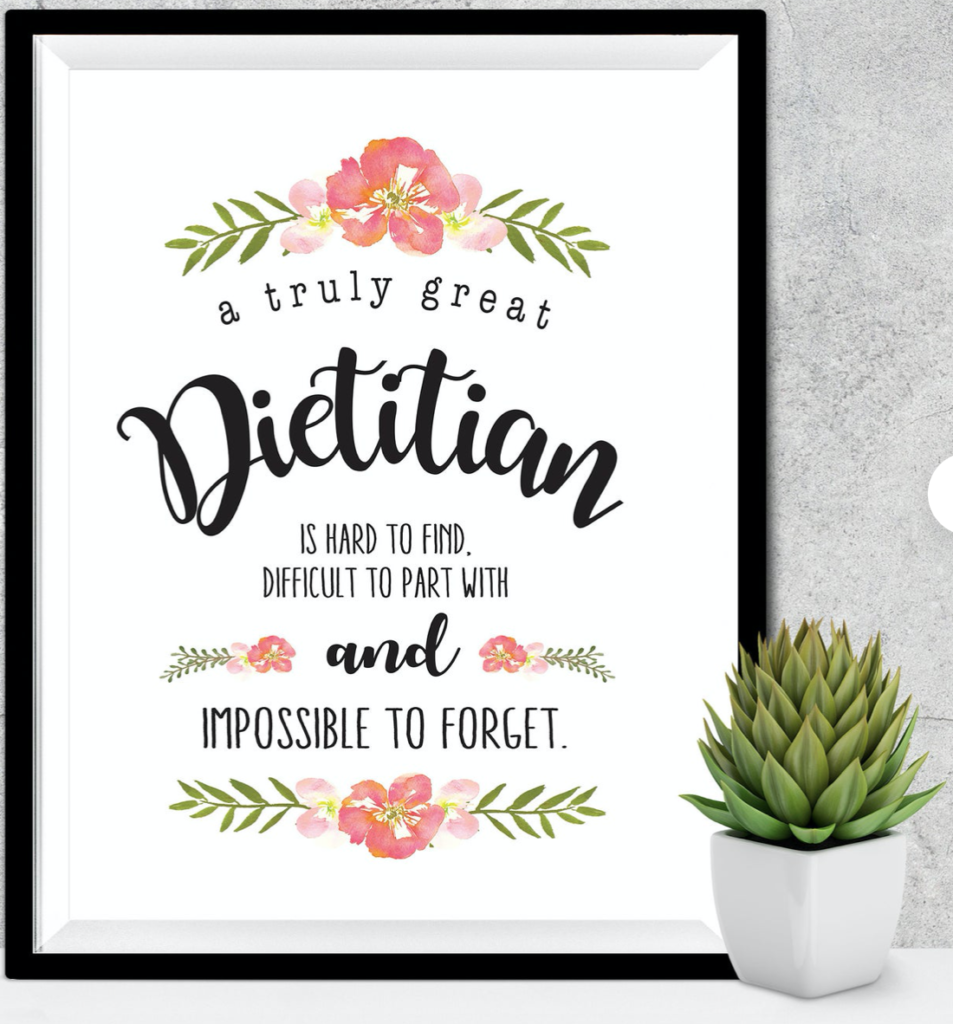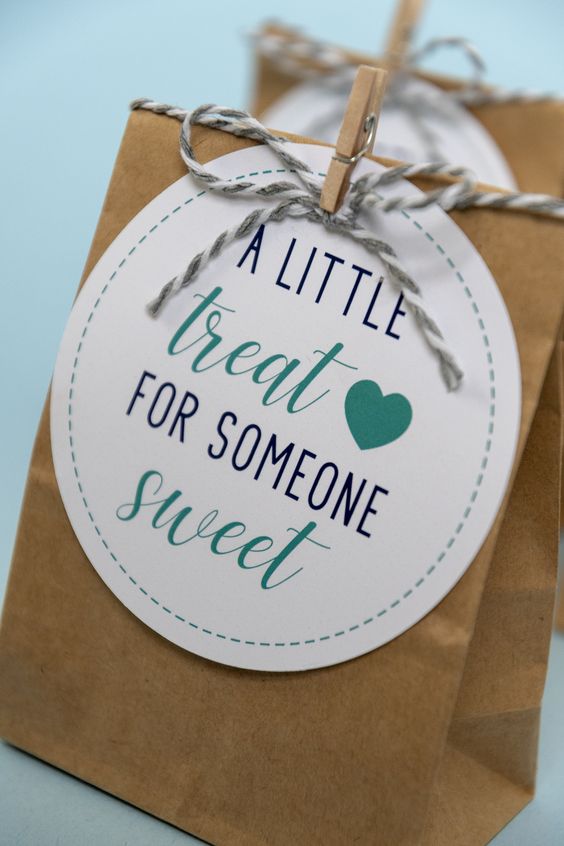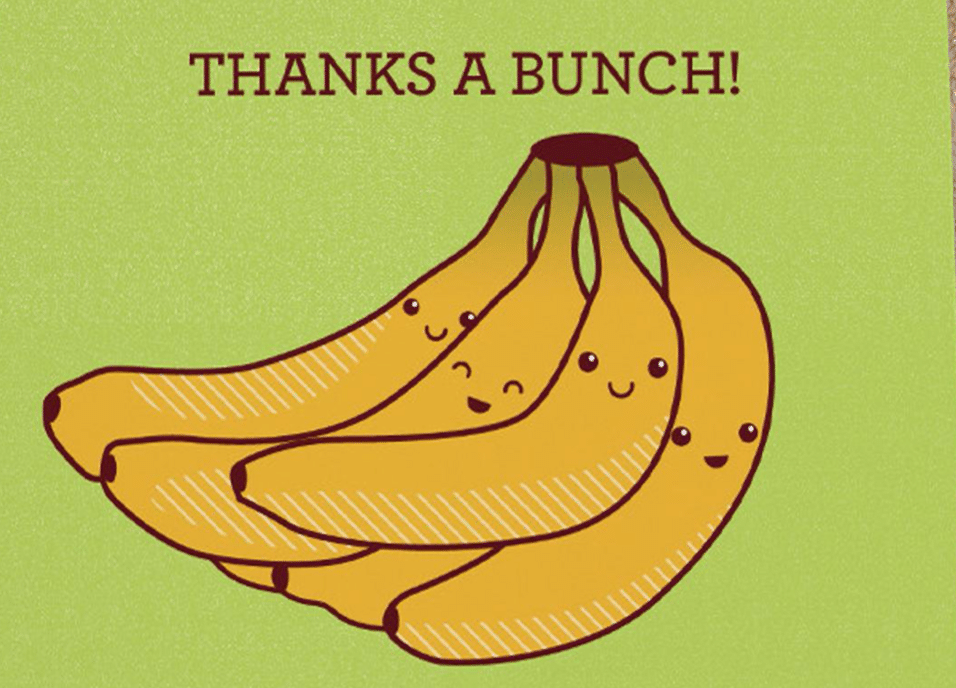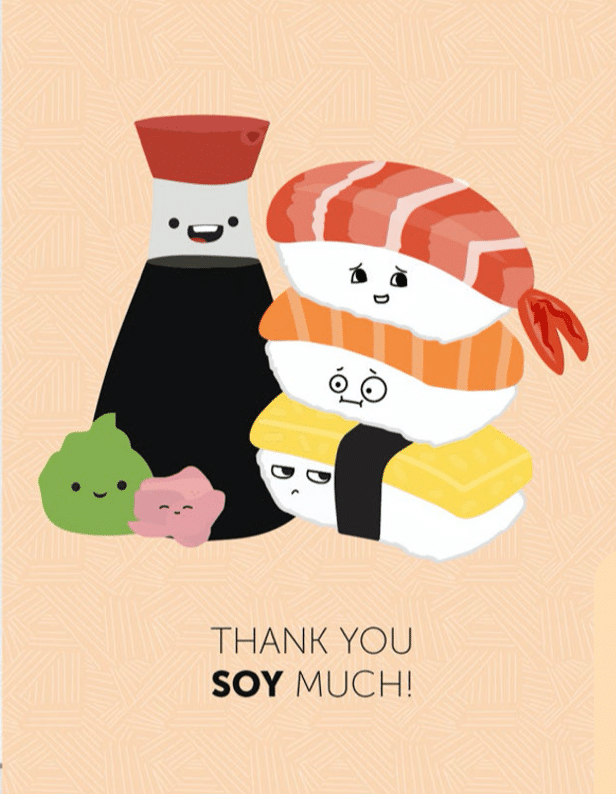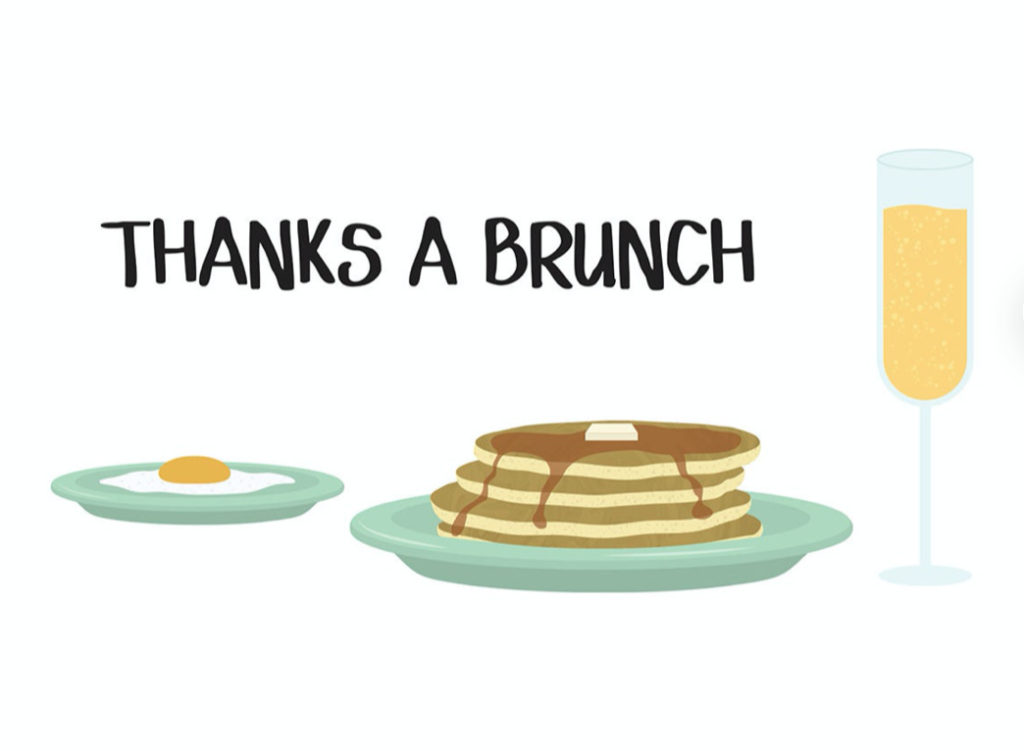How to Survive the Dietetic Internship
- 0 comments
- by jennifer.westerkamp
You’ve matched to a dietetic internship, now how do you survive? We’re breaking down the basics of each rotation and providing you with essential tips!
Congratulations! All your hard work has FINALLY paid off and you have matched to a dietetic internship! The end is near! But first, you have to complete the internship. The thought of beginning the dietetic internship can be overwhelming. What should I expect? What should I bring? Wait, do we have to touch the patient? Don’t worry #RB2BE, we’re highlighting the key components of each rotation so you can plan accordingly! We not only want you to survive the dietetic internship, we want you to thrive!
First things first, depending on your program you will have assignments to complete before each rotation so you can brush up on your skill set. Assignments can vary but for clinical they can include case studies, similar to the ones you completed in your undergrad MNT class.
Next, you will have orientation, the length will vary depending on your program and whether it’s a DI, or DI + MS (or a Future Education Model program!). Orientation will provide you with a glimpse of each rotation and what to expect throughout the internship.
Now it’s go time! The moment you’ve been waiting for has finally arrived.
Clinical 101
Oh clinical, I think we can all agree the clinical rotation is the most terrifying rotation to begin. Gaining clinical experience before the DI is hard, so this may be your first time in the hospital setting. In other words, your anxiety may be through the roof! But don’t worry, the thought of beginning clinical is more intimidating than actually starting clinical.
Your preceptor is not going to throw you to wolves and expect you to see patients by yourself on day one. You are going to be their shadow for the first few days, where they go, you go. Once you get a solid grasp of ADIME and the charting system, your preceptor will assign you patients to see YOURSELF. I know, I know SCARY. The first few times they will hold your hand (figuratively, but you may need a literal hand hold). They will go in to the patients room with you to make sure you are comfortable completing assessments yourself. Honestly, having them in the room made it even more intimidating. But just remember they are there to GUIDE you through the process, they are not expecting you to be perfect. Once you’re comfortable it is time to fly coop, the training wheels are off and it is showtime!
Tips for surviving clinical:
- It is okay if you forget to ask a patient something during your initial assessment. You can go back and speak with them again. When I first started I had to go back into a patients room three times! It’s a learning experience, the more you do it the better you’ll become.
- Be familiar with the Nutrition Focused Physical Exam (NFPE). If you have not had prior training for the NFPE ask your preceptor to train you! It’s a great tool to have under your belt and unfortunately malnutrition can be quite prevalent at some hospitals.
- Do ask questions if you need clarification about anything and everything. Ask for help if you need it!
- Do attend the interdisciplinary rounds and ask questions! Contribute your knowledge.
- Make yourself known! Talk to the Physicians and Pharmacists, show them your value and that you are essential. Hey, they may even call the office and ask for YOUR recommendation for a patient! (BEST FEELING)
Let’s talk about the staff relief rotation. Staff relief may be the most unnerving part of clinical but trust me it is not. Since it is at the end of your rotation you will have gained SO much knowledge by this time that it should be smooth sailing. Your preceptor will still be there for you if you have questions or a complicated patient. But trust yourself, you are more than competent and capable of thriving! Having confidence is key! Remember, you are the captain of your ship.
Food Service Management 101
Pop quiz! How many times can you stir muffin batter before a tough and dry crumb results? Just kidding, we don’t know either.
Seriously though, if you enjoy management and all things food then food service is the rotation for you! Be prepared to put on a hair net every day and be put to work. There will be many days when the kitchen is short staffed and you have to jump on tray line, and deliver meal carts. Depending on whether your hospital is room service or not you may have to work a few shifts in the dietary call office taking orders. Which big shout out to them because there are so many different buttons and options to press and patients spew there orders out so fast. Talk about STRESS. But after a few times of trial and error you will get the hang of it!
It is so important to remain positive throughout this rotation. You can easily go down the rabbit hole of this is a waste of time, it’s not utilizing my skill-set. BUT, IT IS! You are learning how to manage a team and part of being a GREAT manager involves stepping in when your team needs you! If there’s a fire you don’t just let the place burn, you get in there and you extinguish it!
Tips for surviving the food service rotation:
- Get a planner and plan out your weeks and what assignments you will accomplish. The food service rotation usually consists of many projects and competencies you need to complete. You can easily get bogged down and stressed out if you are not organized.
- Do something EVERYDAY. The last thing you want is to be at the end of the rotation and still have A LOT of projects to complete.
- Contribute what you know and develop ways to improve their food service system.
- Look over the menu’s, offer suggestions and improvements. Conduct in-services! Be creative!
- Most importantly, have a positive attitude even if food service is not your niche.
Community 101
Assessment. Goals. Plan. Manage. Funding. Support. Implement. And again. Assessment. Goals. Plan. Manage. Funding. Support. Implement. These are the steps for completing a community nutrition program. Engrave this into your brain, tattoo it onto your arm, whatever you need to do to remember it. It will come up everywhere in community and you NEED to know it for the RD Exam.
Community is less fast paced and not as high demand as clinical and food service. However, this doesn’t mean its a walk in the park. There are still projects and assignments you need to complete so stay ORGANIZED.
All of the rotations are fun if you let them be but community is especially fun because you get to focus on providing nutrition education to groups and individuals! You get to express your creativity and knowledge. Depending on your program you will have to complete a variety of nutrition education presentations and develop marketing materials. Canva is the ABSOLUTE BEST site to create anything and everything. And its free to sign up, bonus!
Tips for surviving the community rotation:
- Assessing the needs of the community is key when providing a nutrition education program. You may want to do a presentation on the benefits of a plant-based diet but during your assessment you may find that it is not the best fit!
- Have fun with your presentations. Engage the audience throughout it. If you mess up, roll with it. Remember you are the expert!
- If you get to choose your own community sites choose ones that interest you, not ones you think will look good on a resume!
- If there’s an RD you are really interested in working with but they are not in your area see if you can do an online rotation!
Now lets talk about the essential items you need to survive the dietetic internship:
Nutrition Focused Physical Exam Pocket Guide for all your malnutrition needs. Get it here.
Lab Coat – Check with your preceptor before purchasing a lab coat, the hospital may provide you with one or your site may wear scrubs! Get it here.
A clipboard with storage is SO vital. It’s a great and convenient way to to store notes, charts, and reference books. Get it here.
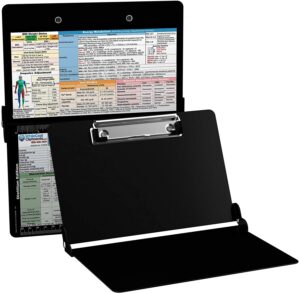
A clipboard with calculations, tube feeding formulations, malnutrition scores, and more. Get it here.
Meal-prepping will save you some much needed time during the week. They are glass so be careful and don’t drop it and lose your lunch for the day. RIP. Get it here.
Practice what you preach and stay hydrated throughout the day! Get it here.
For even more essential items for the internship check out our amazon store!
To survive the dietetic internship remember to be positive, open-minded, respectful and remain engaged. You’ve worked so hard to get this point, give this internship your all. This is the FINAL step before you are eligible to sit for the CDR exam and become an RD. You can do this! We believe in you!
Disclosure: The amazon links in this post are affiliate links and if you go through them to make a purchase this blog will earn a commission. Please keep in mind these products are linked because they have been purchased and deemed essential by previous dietetic interns.
PS. Check out one of our FREE toolkits to help you feel confident and prepared during your rotations.


